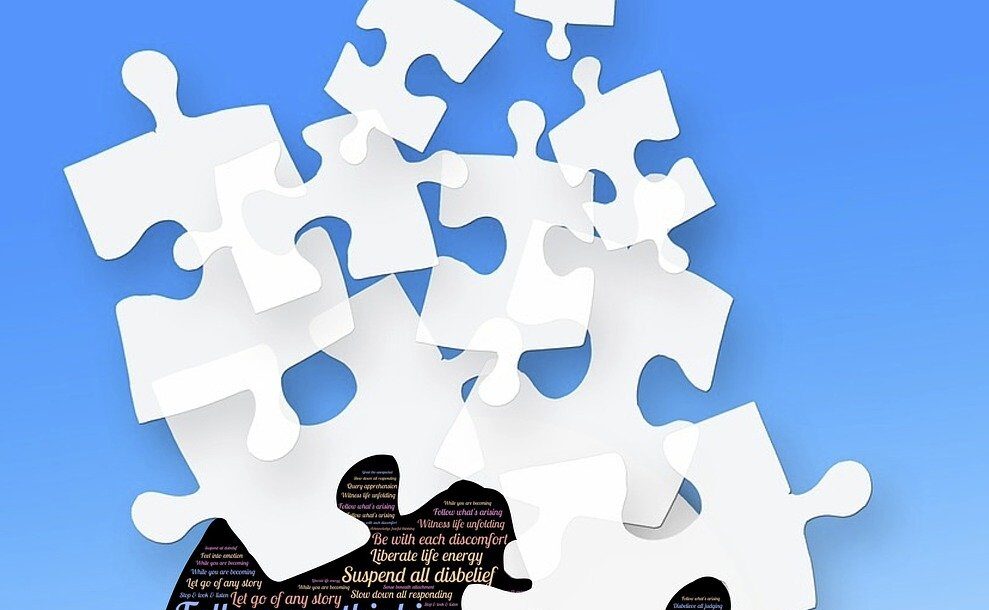Establishing personal limits and boundaries is a vital part of maintaining mental and emotional well-being. Boundaries protect your energy, prevent burnout, and help you engage in healthy, respectful relationships. However, many people struggle with setting and maintaining these limits, often out of fear of rejection, guilt, or simply not knowing how.
In this blog, we’ll explore why setting boundaries is crucial, how to identify where you need boundaries, and practical steps to enforce them.
Why Setting Boundaries is Essential
Boundaries serve as guidelines for how others interact with you. They help protect your mental, emotional, and physical space. Without clear boundaries, you may feel overwhelmed, exhausted, or taken advantage of, which can lead to stress, anxiety, and resentment.
Here are some reasons why boundaries are important:
- Preserving Mental and Emotional Energy
Without boundaries, you can easily become drained by constantly giving your time, energy, or emotional support to others without considering your own needs. Setting limits ensures you have the space to recharge and prioritize self-care. - Building Healthy Relationships
Boundaries help define the dynamics of healthy relationships. They clarify what behaviours are acceptable and respectful, ensuring that relationships are balanced rather than one-sided. When both parties understand and respect each other’s limits, trust and respect grow. - Promoting Self-Worth and Confidence
Boundaries reflect self-respect. When you set and maintain boundaries, you reinforce your self-worth and show others that you value yourself. This builds confidence and allows you to engage in relationships and situations on your own terms. - Preventing Resentment and Burnout
Without clear boundaries, you may end up feeling resentful toward others for taking too much from you, even though you never communicated your limits. Over time, this can lead to emotional burnout and damage to your relationships.
How to Identify Where You Need Boundaries
Recognizing where you need boundaries is the first step to setting them. Here are some signs that boundaries may need to be established or strengthened:
- You feel drained or resentful after interactions: If you frequently feel exhausted, stressed, or resentful after being around certain people or in specific situations, it’s a clear sign that boundaries are needed.
- You have difficulty saying no: If you find it challenging to say no, even when you’re overwhelmed or uncomfortable, this indicates a lack of boundaries. People-pleasing behaviour often stems from a fear of disappointing others or conflict.
- You feel responsible for others’ emotions: If you often take on the emotional burdens of others, or feel guilty for saying no, it’s a sign that you need emotional boundaries. You can support others without sacrificing your own emotional well-being.
- You lack time for yourself: If you’re constantly putting others’ needs ahead of your own and struggle to find time for self-care, you likely need stronger personal boundaries.
How to Set and Maintain Personal Boundaries
Setting boundaries can feel uncomfortable at first, especially if you’re not used to asserting yourself. But with practice, it becomes easier, and the rewards are immense. Here’s how to start:
- Know Your Limits
Take time to reflect on what you need to feel emotionally and mentally safe and healthy. Think about past situations that made you feel uncomfortable or drained. These reflections will help you recognize where boundaries are missing. - Communicate Clearly
Once you know where you need boundaries, communicate them assertively and clearly. For example, if someone constantly interrupts your personal time, you could say, “I need time to myself in the evenings. Please contact me only during work hours unless it’s urgent.” - Practice Saying No
Learning to say no is one of the most powerful boundary-setting tools. Start small by turning down requests that overwhelm you or don’t align with your needs. You don’t need to justify or apologize—simply say, “I can’t do that right now.” - Stand Firm
Setting boundaries is one thing, but maintaining them is another. People may test your limits, especially if they’re not used to you setting boundaries. Stay firm in your decisions and don’t back down out of guilt or pressure. - Respect Others’ Boundaries
Just as you expect others to respect your boundaries, it’s important to honour the limits of others. Healthy relationships are a two-way street, and respecting boundaries fosters mutual respect and understanding. - Let Go of Guilt
Setting boundaries can trigger feelings of guilt, especially if you’re used to people-pleasing. Remember that setting limits is a form of self-care, not selfishness. By respecting your own needs, you’re also able to give more meaningfully to others when you choose to.
How My Therapy Can Help You Build Boundaries
If you find it difficult to set and maintain boundaries, my Growth Healing Therapy can help. Together, we’ll explore the underlying reasons why boundaries feel challenging for you and develop practical strategies for creating and enforcing them. By learning to prioritize your emotional health and assert your needs, you can experience more fulfilling relationships and a healthier, more balanced life.
Building boundaries is an essential part of personal growth, and I’m here to support you every step of the way. Reach out today to begin creating the healthy limits you deserve.




Leave a Reply to Rosemary Nweke Cancel reply